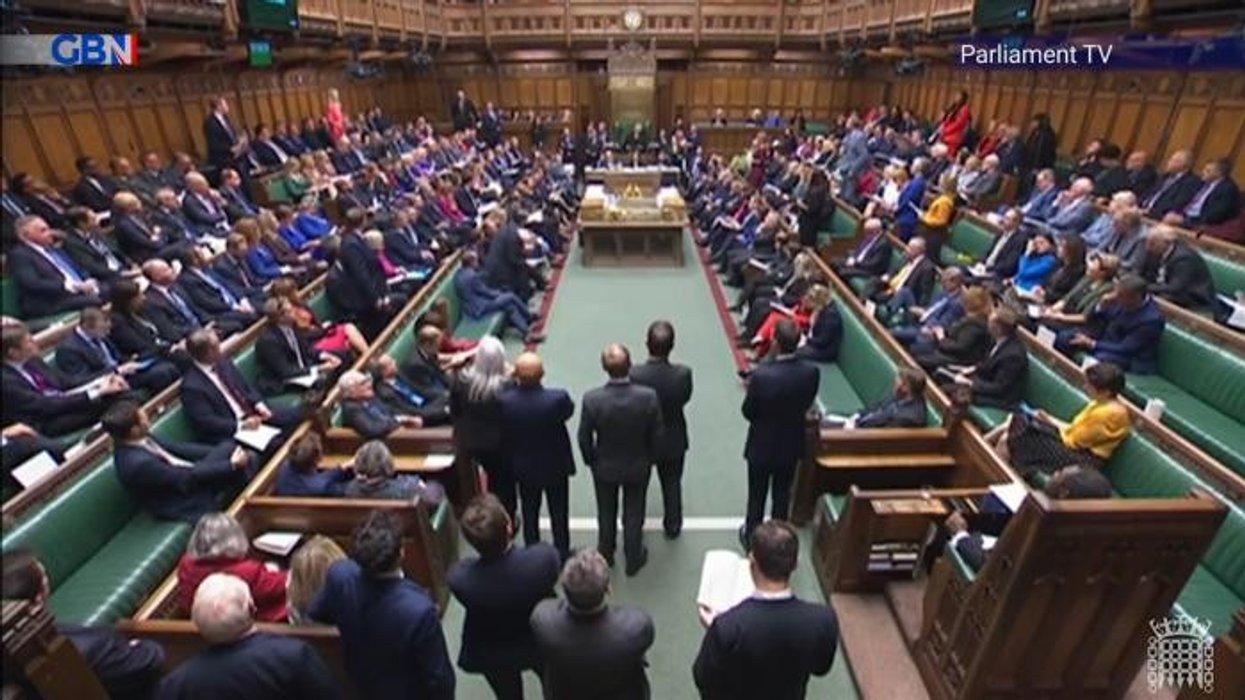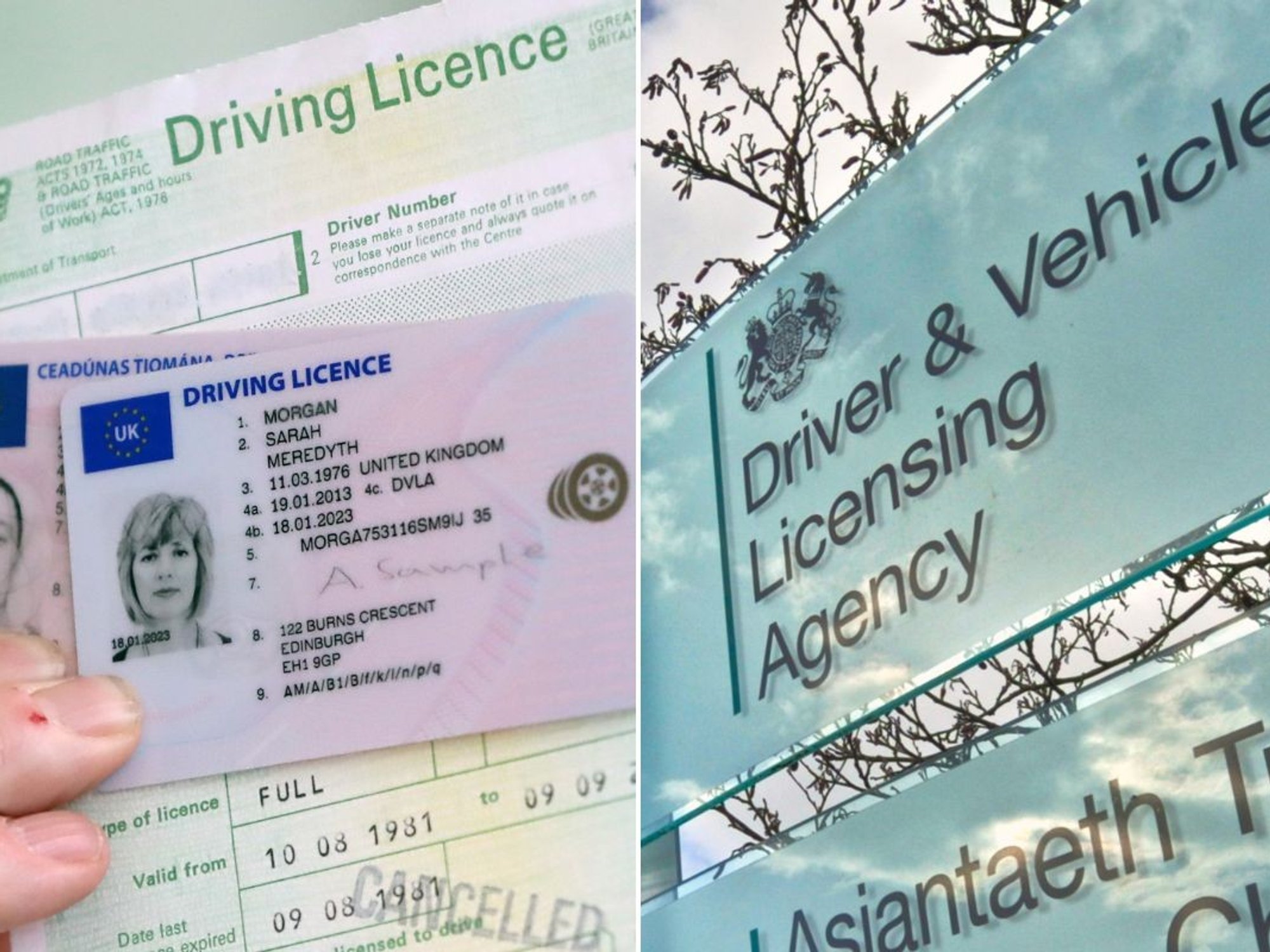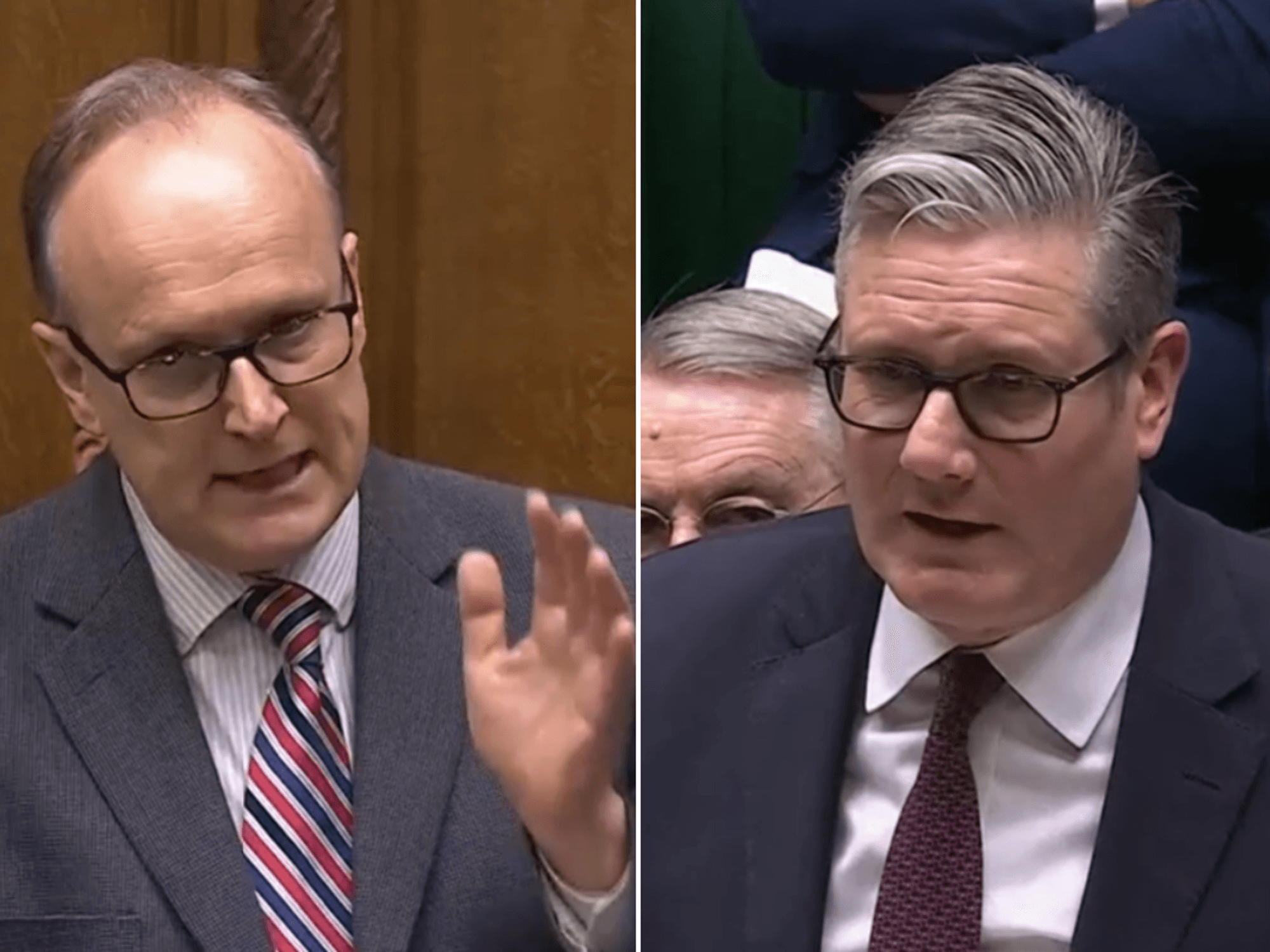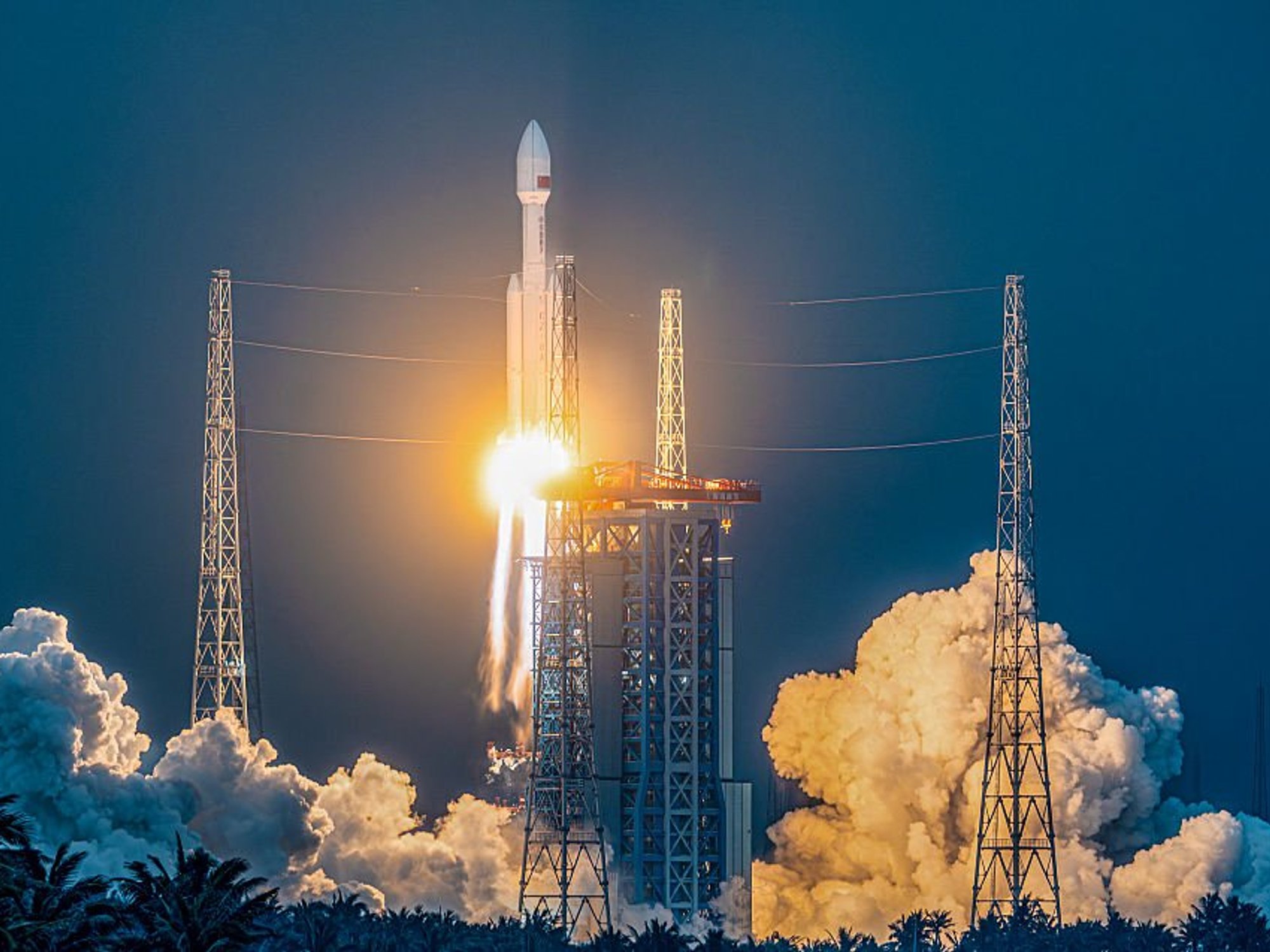Hydrogen vehicles are 'in decline and effectively dormant' after major Stellantis decision

The expert stated that 'significant hurdles would've remained' after Stellantis cut hydrogen vehicle development
Don't Miss
Most Read
An expert has described the recent scaling back of support for hydrogen as a "major blow" for motorists and companies looking to decarbonise their fleets.
Last week, one of the biggest manufacturers in the world, Stellantis, announced that it would be discontinuing its hydrogen fuel cell technology development programme.
It stated that this needed to be done because there was "no development prospect at mid-term", with Stellantis deciding to end production of certain models in France and Poland.
The brand, which is based in Hoofddorp, in the Netherlands, also highlighted the limited availability of hydrogen refuelling infrastructure as a serious issue for adoption.
Do you have a story you'd like to share? Get in touch by emailing motoring@gbnews.uk
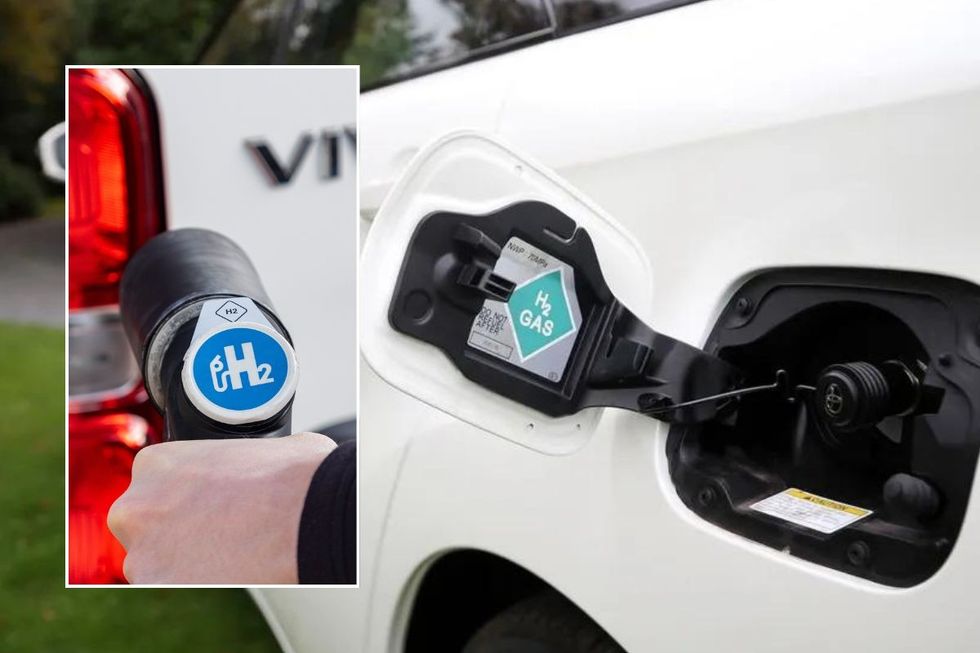
Experts have lamented the decision for Stellantis to axe hydrogen vehicle development
|STELLANTIS/GETTY
Under the new plans, Stellantis said it would no longer launch its new range of hydrogen-powered Pro One vehicles.
Jean-Philippe Imparato, CEO for Enlarged Europe at Stellantis, said it was unlikely that there would be mass adoption of hydrogen-powered light commercial vehicles before the end of the decade.
He added: "We must make clear and responsible choices to ensure our competitiveness and meet the expectations of our customers with our electric and hybrid passenger and light commercial vehicles offensive."
In light of this decision, it appears that the mass adoption of hydrogen fuel cell vehicles could have missed an opportunity to fill a gap between combustion engines and electric cars.
READ MORE: Vauxhall owner Stellantis axes hydrogen vehicle production with 'no prospects' for 'niche market'
Peter Golding, CEO of FleetCheck, said the reasoning of Stellantis' decision to axe its hydrogen development was understandable, but clarified that it was disappointing.
He noted that businesses are still finding it difficult to switch to a purely electric fleet, given issues around battery range, charging times and payload.
The expert added: "The promise of hydrogen is that it offers zero emissions without any of these compromises, and the Vauxhall proposition was the opportunity to try this in the form of a familiar vehicle from a major manufacturer.
"Yes, significant hurdles would've remained, the biggest of which was the almost complete absence of a refuelling infrastructure. However, with no van, there is no way forward.
"While some truck and bus options remain, it feels as though in car and van terms, the hydrogen project is in decline and even effectively dormant for the foreseeable future," Fleet News reported.
LATEST DEVELOPMENTS:
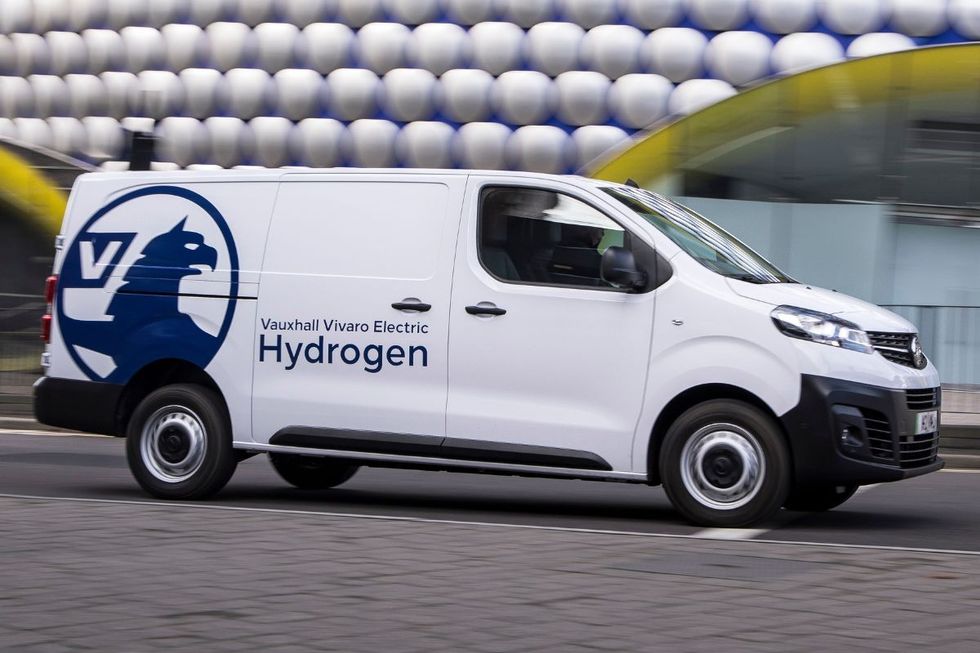 Vauxhall, which is owned by Stellantis, currently sells two hydrogen fuel cell vans | STELLANTIS
Vauxhall, which is owned by Stellantis, currently sells two hydrogen fuel cell vans | STELLANTISStellantis, which owns Vauxhall, Citroen, Fiat and Peugeot, announced that it was beginning UK customer trials of its hydrogen vans through Vauxhall.
The trials involved the Vauxhall Vivaro, which is already sold across Europe through its sister brand, Opel.
Vauxhall also highlighted that the hydrogen fuel cell Movano would also launch in the UK, with a range of up to 311 miles and a refuelling time of less than five minutes.
Speaking at the time, James Taylor, Vauxhall's managing director, said he was looking forward to hearing feedback from businesses and fleet operators about the viability of the brand's hydrogen vehicles.
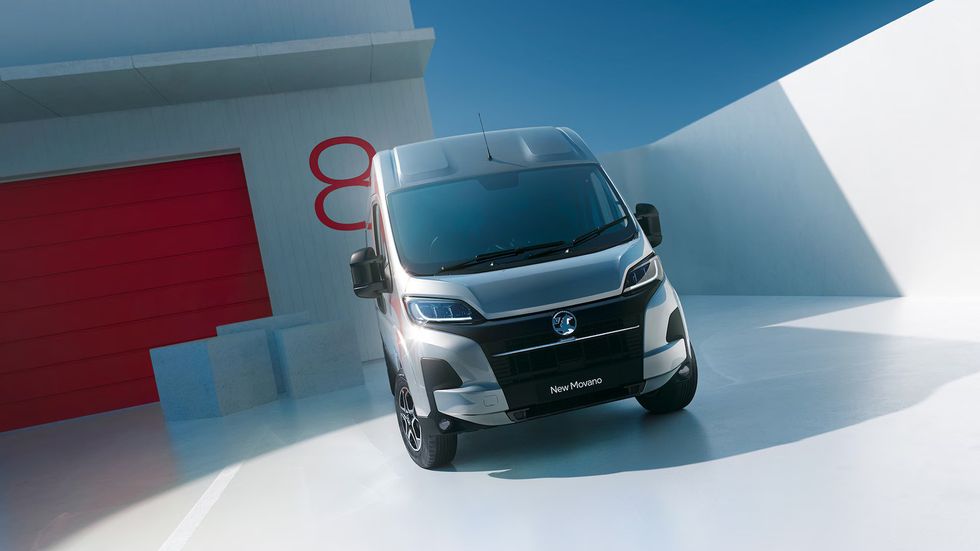 The hydrogen fuel cell Vauxhall Movano is priced at just over £31,000 | VAUXHALL
The hydrogen fuel cell Vauxhall Movano is priced at just over £31,000 | VAUXHALLOn the Auto Trader online marketplace, there are just a handful of hydrogen fuel cell vehicles available, including the Hyundai NEXO and the Toyota Mirai.
The most recent UK Hydrogen Strategy Report outlines that there are over 300 hydrogen vehicles on UK roads, including cars and buses.
To boost uptake and promote the fuel source as a viable alternative, the Government is supporting the use of hydrogen through the £23million Hydrogen for Transport programme.
Modelling suggests that transport will be one of the most popular components of the hydrogen economy in the future. By 2050, demand could reach 140TWh (terawatt-hours).


